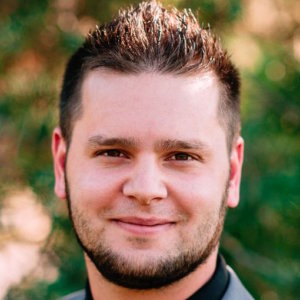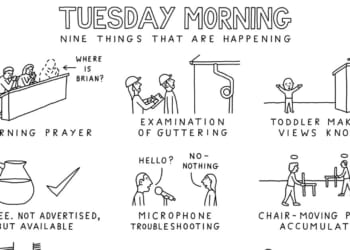(LifeSiteNews) — The family of Cleo Gratton, an 84-year-old retired diamond driller who died earlier this month in Chelmsford, Ontario, of natural causes after being approved for assisted suicide, is speaking publicly about their appalling experience in the Canadian healthcare system.
According to the CBC, the elderly man “told his family he would rather die than go back to Health Sciences North in Sudbury,” and that a recent stay there found Gratton, who was suffering from heart disease and kidney failure, spending one night in the emergency room and then being transferred to a bed sitting in the hallway on the seventh floor.
“There were no lights, all the bulbs in that hallway had been completely removed,” his daughter, Lynn, told the CBC. “The only light we had was almost like a desk lamp that had been bolted to the wall. Patients are passing by, nurses are going by, no privacy, no compassion, no dignity.” The visit took place in mid-October, after which Gratton decided to apply for “medical aid in dying,” or assisted suicide.
Lynn said that nurses had to use headlamps to inspect her father’s feet, and that the experience was “just one thing after another and it really opened our eyes to what’s going on in our hospitals. My dad said, ‘Push, push, push for change. Make people aware of what’s gong on. Open the discussion, bring it to your MP, your MPP, keep going straight up.”
His family is now honoring his wishes to speak out about his experience. The doctors and nurses, Lynn emphasized, were “amazing,” but she noted that they seem overworked. “Why are they still taking in patients if we have an overcrowding issue and they have no place to put these people?” she said.
Cleo Gratton, who died of natural causes surrounded by his family before he could go through with assisted suicide, is just the most recent of many examples of Canadians opting for assisted suicide because they could not access the care that they actually desired.
In Quebec last year, Norman Meunier, a quadriplegic man, developed bedsores after four days left on an ER stretcher without a good mattress. That experience combined with lack of available homecare pushed him to request, and receive, assisted suicide.
An unnamed woman in her 80s, referred to in a MAID report as “Mrs. B,” received MAID earlier this year after requesting but being denied palliative or hospice care. Instead, with her spouse burning out as the result of her care, a rushed MAID assessment was completed, and she died by lethal injection.
In 2022, 44-year-old Winnipeg woman Sathya Dhara Khovac died by euthanasia after failing to receive the homecare resources she had desperately sought. In her posthumous obituary, she said she could have had more time if she’d had more help.
In 2019, 41-year-old Sean Tagert was euthanized after spending years attempting to find and fund the homecare and resources he needed to stay in the community where his son lived. He did not want to die but felt that he had no other choice.
And, among other stories, at least four Canadian veterans were offered assisted suicide in lieu of the unavailable mental health supports they were requesting.
Stories of Canadians seeking palliative care, mental health resources, homecare, and other medical support finding that the only option available to them is assisted suicide have become routine over the past several years. Euthanasia has become a pressure valve for an overworked and under-funded healthcare system serving an aging population increasingly need of complex care — and if assisted suicide for mental illness is legalize, things will get much, much worse.


















